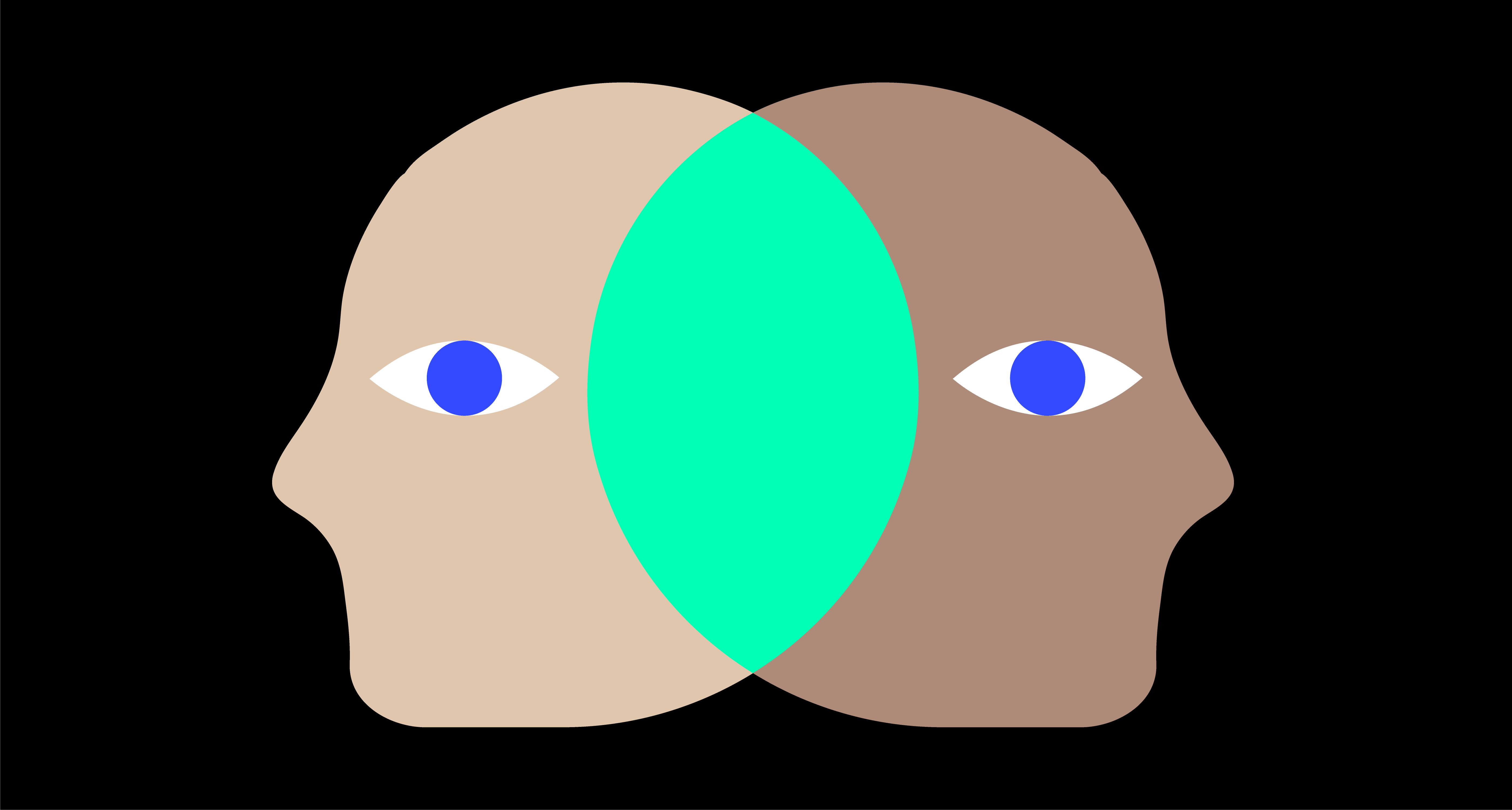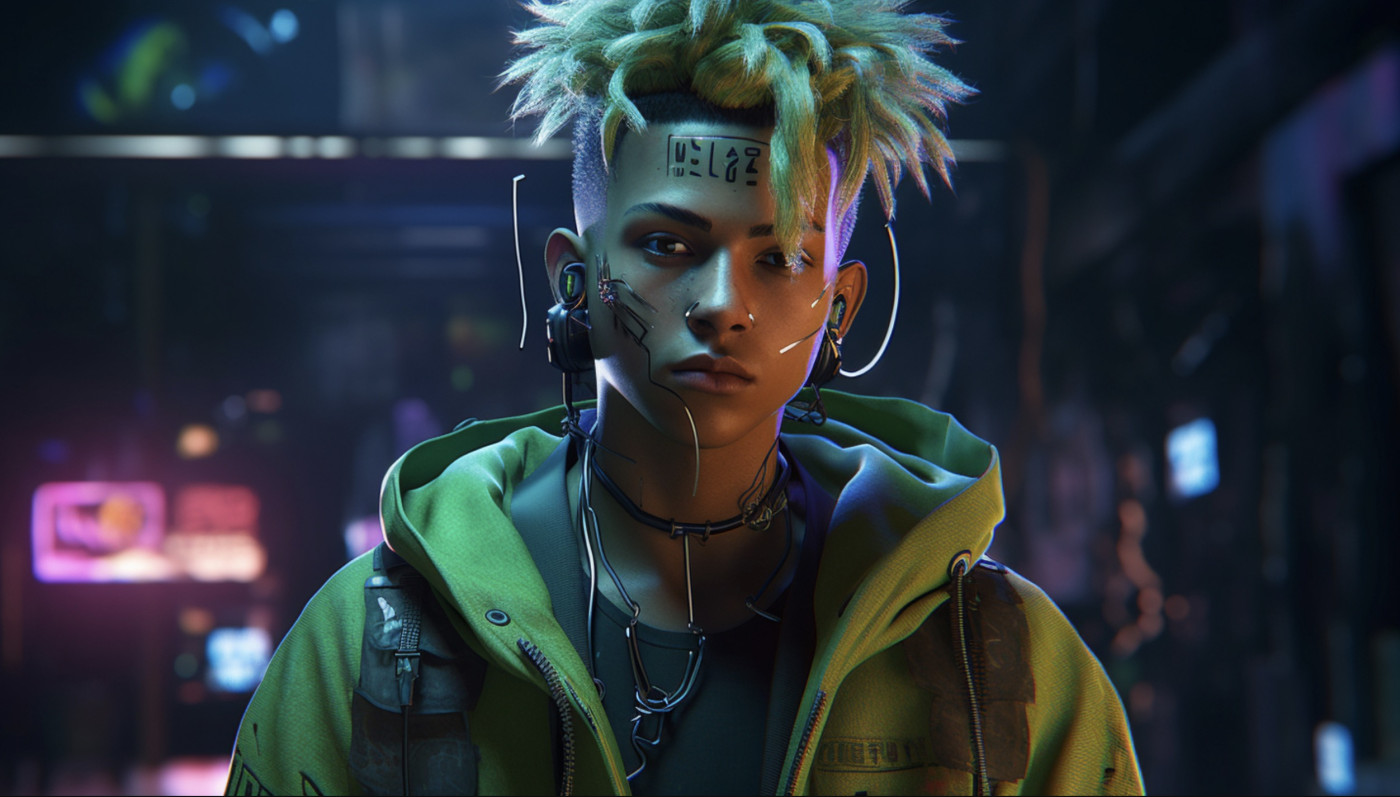
How Generative AI Models Impact Agencies and Content Creation
As generative AI models such as OpenAI’s ChatGPT become more accessible, the landscape of content creation, advertising, and communication is poised for a significant shift. Agencies must understand and adapt to these changes to stay ahead.
Disrupting Creativity: The Impact of Generative AI on Agencies
Generative AI models have the potential to transform how agencies approach creative work. Paul Roetzer, CEO of Marketing AI Institute, predicts that the rapid development of AI technology will catch many in the industry off-guard.
The Pros and Cons of AI-Driven Content Creation
Generative AI models are expected to impact content creation across the marketing profession, affecting both brands and agencies. This shift may lead smaller organizations to in-house tasks they previously relied on agencies to execute. However, these AI technologies can also streamline content production for agencies, enabling them to serve their clients better.
Stephen Marcinuk, co-founder and head of operations for Intelligent Relations, asserts that AI tools can take creative content from zero to 80-90% completion, alleviating the struggle of starting from a blank slate. Generative AI chatbots can quickly generate multiple creative options, allowing humans to select, edit, and finalize the content.
Upskilling: Preparing for the AI Revolution
The increasing reliance on AI in the industry will necessitate upskilling across the marketing profession. Agencies will need more marketers focused on strategic thinking, client relations management, brand positioning, testing, and analytics.
Augmented Intelligence: Enhancing Creative Tools with AI
As Adobe has done with its Firefly offering, integrating AI with creative tools empowers users to complete tasks using tools they may not have been trained on. Generative AI models can connect users with external data sets, enabling them to achieve higher competence in writing and other creative tasks.
This advancement can level the playing field for non-native English speakers looking to break into English-language advertising. It can also help agencies pitch new clients more quickly without needing extensive research into new industries.
In-Housing: The Future of Content Creation for Smaller Organizations
As generative AI tools advance, smaller organizations may increasingly handle tasks once outsourced to agencies. Platforms like Intelligent Relations offer AI-generated news pitches and targeted reporter recommendations, all through a monthly subscription model.
Managing AI: A New Paradigm for Content Approval and Oversight
With the rise of AI-driven content creation, organizations must reassess their budgets and staffing strategies. Despite the growing capabilities of AI, human oversight will remain essential.
As Marcinuk points out, managing AI tools will be similar to managing employees: setting standards, providing feedback, and ensuring output quality. Human input will be necessary for the foreseeable future, ensuring that content meets the desired standards.
In conclusion, the increasing prevalence of generative AI models will undoubtedly impact agencies and the marketing profession. By embracing these changes and adapting their strategies, agencies can thrive in the evolving landscape of AI-driven content creation.





